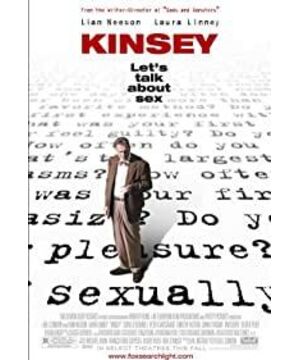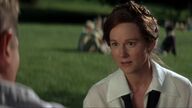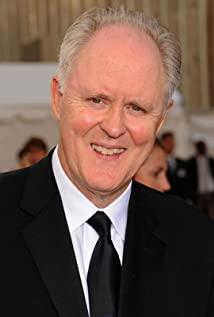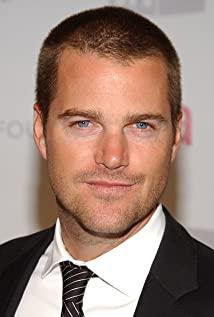The first thing that reminds me of Kinsey's career is the mortuary: a person who is not A career that people understand, a career that is difficult to accept. If you've seen some of it, you have to admit that even in today's highly sexually open society, many things are not so easy to accept; not to mention the 1950s context. And this is by no means YY for the purpose of setting off the theme. 40 studies that changed psychology also contains psychological research on sexuality, and there are many similar things; and that Research paper was also produced in that era, or even earlier.
So I want to say that there are indeed many "madmen" who, in that era or even earlier, were committed to studying these things that were not recognized by society. No matter how much you don't accept some of the views in it, you must admit: these theories have indeed helped a lot of people, Not only sexual life, even changed their whole life. And the responsibility, dissent and pain that these people have to bear, Not what most people can imagine.
The reason why they endure so much social pressure is because psychologically people seek common ground. Everyone is eager to be part of the group. When you did something that people rarely did, it left you anxious and guilty. Am I normal? This is the normal psychology of normal people. From this point of view, Kinsey seems too persistent and narrow-minded: he is obsessed with the satisfaction of everyone's Sexual desire, but ignores their social psychological satisfaction. Man is a social animal of rational behavior: so before the two desires, anyone has reason to ask which is more important to him.
But in any case, it subverts many traditional ethical views, and fully agrees with the point of view of another comment: the existence of daily moral norms is still more beneficial than harmful, because although people are rational actors, they are also dominated by emotions. At this time, morality is required, otherwise it will be the tragedy of Clyde in the end. And Kinsey's greatness lies in discovering the places in traditional morality that are Biased: premarital sex, masturbation, etc.
In fact, I have been thinking about a question while watching a movie: In modern society, there is basically no sex education, and my parents will not have anything to tell you about this, but people still understand this when they grow up. Being secretive has not been able to hinder people's desire. Does it mean that it is really important on the one hand, and on the other hand, it also means that there is indeed less information from formal channels? People respond to incentives. The red light district is open, but there are fewer sex crimes; the law stipulates that cars have airbags, but there are more car accidents. This economic effect cannot be ignored.
On the other hand, this movie also teaches you how to do humanities research to a large extent, although this topic is a bit more difficult than others. By the way, one thing I don't agree with Kinsey is this: conflating research and life. I still insist that family life is family and social life is work; work can be rational, but family should not use reason to Interpret everything.
The nature of the film itself makes it difficult for you to give it five stars. The biography decided it wouldn't be that interesting, so it's hard to give it a full score from an emotional standpoint, at least a lot harder than the other, more dramatic ones.
But if Pure Reason is a biographical film, it deserves five stars.
View more about Kinsey reviews











